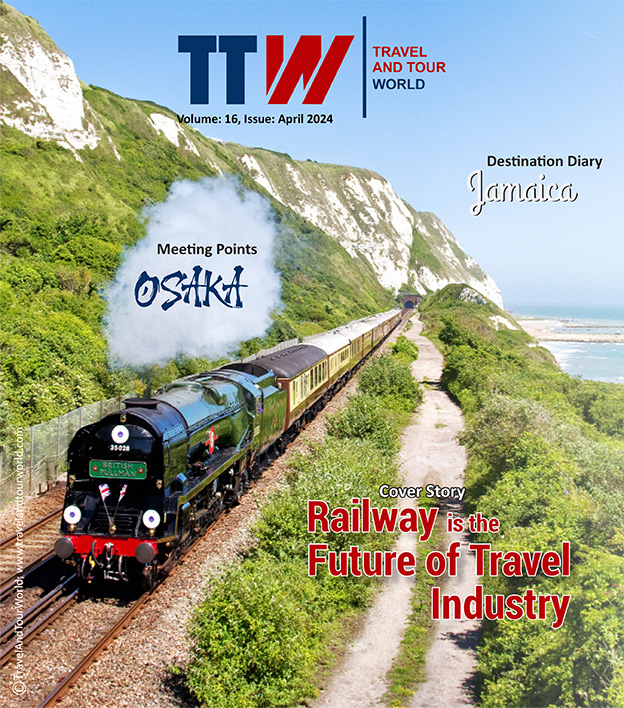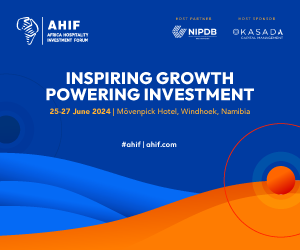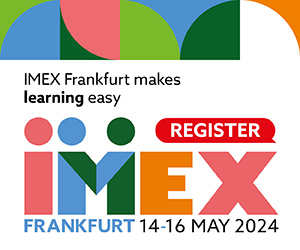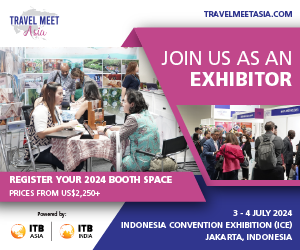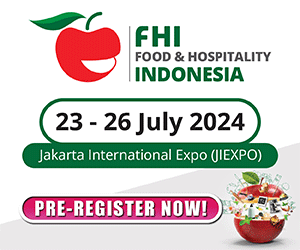|
TTW – : Being in the legacy for years where do you see the development of India tourism have come up till now? And where do you see it in the coming years?
Anish Kumar : Tourism is not a priority sector for the Indian Government even though it brings major chunk of the foreign exchange for the country. But, States like Kerala had identified tourism as one of the core sector to attract investments and to generate employment. Moreover, the burgeoning tourism industry of God’s Own Country has been given industry status. The public private partnership (PPP model) came into being in Kerala 20 years back clearly defined the job of promoting the destinations by the Government and delivering services by the private sector. This enabled Kerala to emerge as the lead State in promoting tourism in the country and role model for neighbouring States.
India Tourism is encouraging the PPP model to enhance tourist arrivals in the days ahead. India is known for diverse tourism products like culture, nature, cuisine and wellness. Any natural tourism product you name it, it is available here. Demand for nature-based tours, wellness packages incorporating yoga and ayurveda, medical tourism, culture tours, weddings and honeymoon along with MICE are on the increase.
TTW – Tourism has changed and being the most lucrative business. How the hoteliers and the tour operating agencies have helped the growth of tourism till date?
Anish Kumar : Traditionally hospitality is part of Indian culture where guests are treated as gods. Indian hospitality and the personalised services are unique in the world. A tourist travelling with a tour operator in India have people to assist him right from receiving at the airport, travelling around in a private car with a friendly driver to smiling bell boy while carrying your luggage to the hotel room . It is a place where the tourists need not need a map to go around as the young and old are ready to assist you. The language is not a barrier for the tourists in the State.
The hotels owned and operated by the natives offer world class hospitality and are competent with the reputed international chains which entered the market recently. More amenities and larger rooms are the highlights. Quality upgrade in accommodation, transportation, more amenities for the tourists at the destinations and the airports and better air connectivity between cities with in the country during the last five years has helped the tourism sector.
Hotels and tour operators are working closely to promote tourism. Tour operators can make available the accommodation best suited for tourists and as per their budget. Its time for tour operators to specialise and find niche areas like ,adventure tours, weddings, meetings and incentives.
TTW: There had been a shift from agency tour booking to online trade booking. How much this has affected the business trends of the tour operators and how it has enhanced the growth of tourism business?
Anish Kumar : Online booking is on the rise. The positive aspect of online booking is that the small entrepreneurs can reach out through various channels of distribution using social media and online digital space. It has also made exotic destinations competitive and plug leakage of money since the intermediaries are avoided. Only short trips are booked through these online sites. As much as 40 per cent of the hotel and tour booking are done online. However, the relevance and role of tour operator will not get diminished with this dependence on online.
India is a destination for experiential holidays and itineraries have to be tailor-made for the tourists to make the holidays memorable for them and it can be done only by tour operators.India in a destination of more than 30 days and technology cannot offer 30 different experiences and a smiling face behind they customisation which build relationship between the client and tour operator before he arrive at the destination.
TTW: Corporate Social Responsibility is a major field while doing any business. How the tourism incorporates proper CSR?
Anish Kumar : Responsible tourism is gathering momentum and the State has made many epoch-making strides in this path. The tourists and the industry are equally convinced of the need of sustainable tourism as the ecology of a tiny state like Kerala with Western Ghats on one side is fragile. Every service provider will have to be socially, environmentally and economically responsible.
The benefits of tourism should reach the local community and tourism projects should not be at the cost of environment. Coastal Regulation Zone introduced in the country is good example how the water bodies can be protected.
The backwater destination of Kumarakom in Kottayam district of Kerala is practicing Responsible Tourism in a commendable way. The vegetables cultivated by the local community are being purchased by the hotels in the Kumarakom to support the community. The hotels are being provided quality and pesticide-free vegetables. The local community is benefited as they don’t have to search for buyers. The hotels also provide higher price than market rates.
TTW: MICE industries are on rise. How the MICE industries have helped the growth of tourism?
Anish Kumar : There is an untapped potential for India to become most preferred destination for MICE. Kerala can offer variety of optional tours for Incentive programs which can include village experience, houseboat cruise, trekking’s, cultural shows, cusine etc. Kerala’s share to Incentive market will increase soon as many corporates identified Ayurveda and yoga sessions to be part of their incentive program to rejuvenate, motivate and retain the staff. We have introduced an Incentive program combining Ayurveda and yoga called “Rejuvenate and Retain” to make them stress free and to improve the staff productivity has takers from the International source markets.
The domestic MICE traffic is on the rise due to devaluation of Indian rupee which resulted in becoming outbound destination expensive to Indian corporates to hold meetings out of the country. India can number of choices to MICE seekers, holding a meeting in the roof top of a houseboat or a meeting in a Jungle with tented accommodations are exciting meeting options.
Stake holders of tourism have identified MICE as an emerging vertical to promote. Instead of going for large conference and conventions, most destinations can offer facilities for group size of 50 to 500 people capacity conferences which will not affect the carrying capacity of the destination
TTW: Digital media has made mark in upholding tourism worldwide. How the digital media marketing and media have taken care of the tourism business?
Anish Kumar : As travel decisions become increasingly influenced by peer reviews and opinions on social networks such as Facebook, Twitter, Google+, LinkedIn, Instagram and Pinterest, experts are advising businesses to factor in the internet in their marketing strategies. We ATTOI conducted the first International Conference on Travel Technology (ICTT) where all the speakers are of same opinion that tourism stake holders cannot move forward leaving the digital marketing apart. A large proportion of travellers today use smartphones when they are travelling, to take photos, use maps or search for restaurants. They post photos and reviews for others to see and be influenced by; which travel businesses need to take seriously.Linkedin is a massive mine of data and one of the best social networks for lead generation.
TTW: There has been a sudden fall in rupee. How this is going to affect tourism and tourist traffic?
Anish Kumar : Devaluation of Indian Rupees has a positive impact on the tourism growth in India. India is now an affordable destination even for the weaker economies of the world . This will develop new source markets for India. Domestic travel is on the rise as outbound destinations are 15 to 20% expensive after the fall in Indian Rupees. Many corporates will choose destinations in India for their conferences and meetings this year to reduce the expenses.
|



